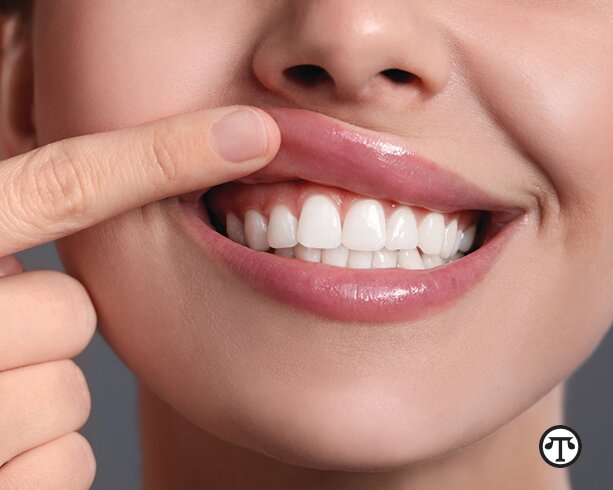 Post Classifieds
Post Classifieds
The Gap in Gum Care: Why Caring For Your Teeth’s Foundation Matters

(NAPSI)—Building a great smile starts with a strong foundation. While gums are often overlooked unless they are bleeding or causing mouth pain, they are the key to good oral health, overall physical health and the best grin you can imagine.
“Adopting a healthy lifestyle includes maintaining optimal oral health. Practicing good oral care daily includes brushing teeth regularly twice a day, flossing, and using an antiseptic mouthwash,” said Nadia M. Fugate, DMD, Delta Dental of Washington’s senior dental consultant. “Regular professional dental cleanings on a schedule recommended by your dentist also play a crucial role in preventing gum disease.”
More than half of all Americans suffer from gum disease, and many don’t even know they have it because there isn’t necessarily pain involved. Gum disease is linked to glaucoma, heart disease, high blood pressure, pneumonia and other respiratory tract infections and more. People with gum disease have a 49% higher chance of contracting heart disease than those who don’t have issues with their gums.
Per the Centers for Disease Control, 47.2% of adults aged 30 or older have a form of gum disease. It increases with age, as 70.1% of adults 65 and over have periodontal disease. That’s why proper gum care and knowing the signs of gum disease are so important.
Types of gum disease
Gingivitis is a mild form of gum disease which can generally be reversed with treatment and good oral hygiene.
Periodontitis is an advanced form of gum disease which is not reversible and can only be managed to prevent it from getting worse.
What happens if I get gum disease?
Gum disease can lead to an inflammatory response caused by buildup of bacteria on the teeth and around the gums. The buildup, commonly known as plaque and tarter, causes your gums to become swollen, painful and bleed easily.
Advanced gum disease can cause a loss of bone mass in and around the tooth socket and jawbone, which ultimately can lead to teeth becoming loose, falling out or needing to be extracted.
Ways to prevent gum disease
•Brush for two minutes, twice a day
•Floss at least once a day
•Schedule regular dental checkups and cleanings
•Have a healthy diet, limiting sugary food and drinks
•Avoid tobacco use
•Replace your toothbrush every three to four months
For more information on experiencing dental issues while traveling, visit Delta Dental of Washington’s blog at www.deltadentalwa.com.
Editor’s note: Content is approved only for Washington state publications.
On the Net:North American Precis Syndicate, Inc.(NAPSI)
Get Top Stories Delivered Weekly
Recent The Critic News Articles
Discuss This Article
GET TOP STORIES DELIVERED WEEKLY
FOLLOW OUR NEWSPAPER
LATEST THE CRITIC NEWS
RECENT THE CRITIC CLASSIFIEDS
OUTSIDE THE LINES
- Tips for Homeowners to Make Summer Home Projects More...
- When Planning International Travel, Measles Vaccination...
- We Can All Contribute To Cooling the Nation
- Women With Ovarian Cancer Explain Why They Support...
- Women With Ovarian Cancer Explain Why They Support...
- Navigating the Heat to Keep Power Bills Cool
- Navigating the Heat to Keep Power Bills Cool
- The EPA Can Help You Save Big On Energy Efficient...
- Cutting Summer Cooling Costs
- Cool Ways to Protect Yourself from Heat-Related Illness
FROM AROUND THE WEB
- Con el Programa de Ayuda Adicional de Medicare Más ...
- BookTrib’s Bites: Four Riveting Summer Reads
- Medicare’s Extra Help Program Helps More People Save M...
- New Artificial Intelligence Summit Series Kicks off With...
- Mike Bond’s Latest Thriller, CRUDE: Nuclear War is C...
- Subway’s 95-Foot-long Dip ‘N Slides Are Making a Huge Spl...
- Pharmacy Benefit Companies Are More Valuable Now Than Ever
- Marine Toys for Tots' Christmas in July Campaign Delivers...
- Dr. Calm's Expert Advice for Mastering Election Stress
- ABANDONED AT BIRTH Paints Vivid Portrait of the...



